Bonnie and Clyde (1967)
Arthur Penn’s Bonnie and Clyde is named a groundbreaking crime movie, however it additionally marked an essential early second in Gene Hackman’s profession. Taking part in Buck Barrow, Clyde’s older brother, Hackman gave a pure, grounded efficiency that earned him his first Academy Award nomination — an indication of the nice work to come back.
The French Connection (1971)
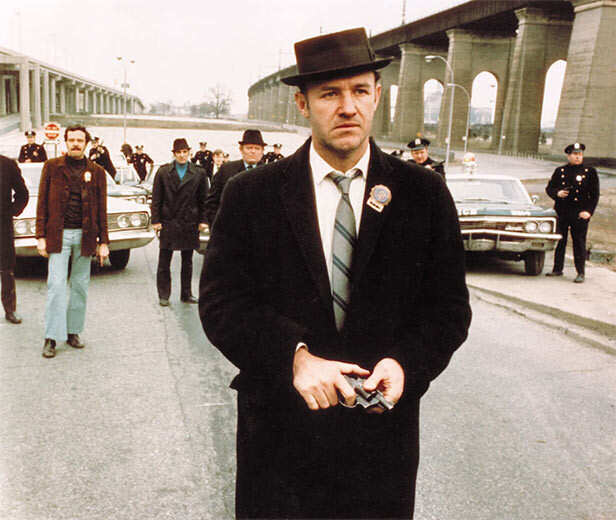
In The French Connection, Gene Hackman took heart stage as Jimmy “Popeye” Doyle, a decided New York cop on the path of a drug kingpin. Hackman’s portrayal of Doyle, with all his flaws and depth, received him the Greatest Actor Oscar. His efficiency helped redefine what an motion hero might seem like — extra grit and realism, much less polish. The movie’s well-known automotive chase solely added to the legend.
The Dialog (1974)
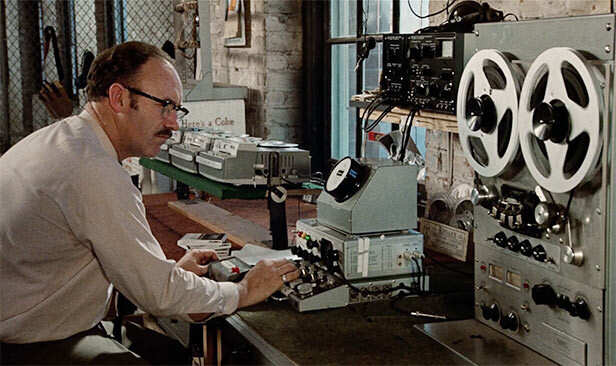
Francis Ford Coppola’s The Dialog gave Hackman a distinct type of highlight — one which centered on subtlety and quiet rigidity. As Harry Caul, a surveillance professional grappling with guilt and paranoia, Hackman delivered a measured, deeply human efficiency that earned him one other Oscar nomination. It stays certainly one of his most revered roles.
French Connection II (1975)
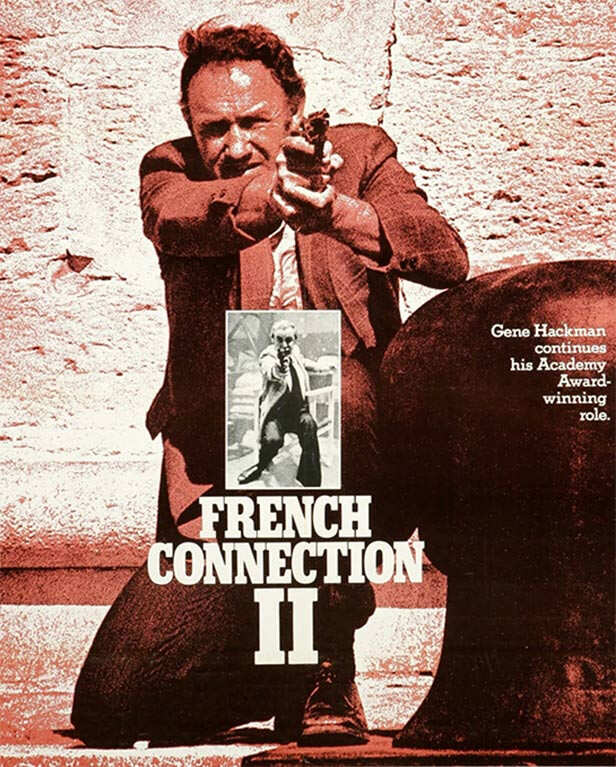
Returning as Popeye Doyle in French Connection II, Hackman constructed on the character he made well-known. This time, the motion moved to Marseille, the place Doyle’s pursuit of justice took an excellent darker flip. Hackman didn’t maintain again, absolutely committing to the position’s bodily and emotional calls for in scenes of brutal interrogation and compelled habit.
Fortunate Girl (1975)
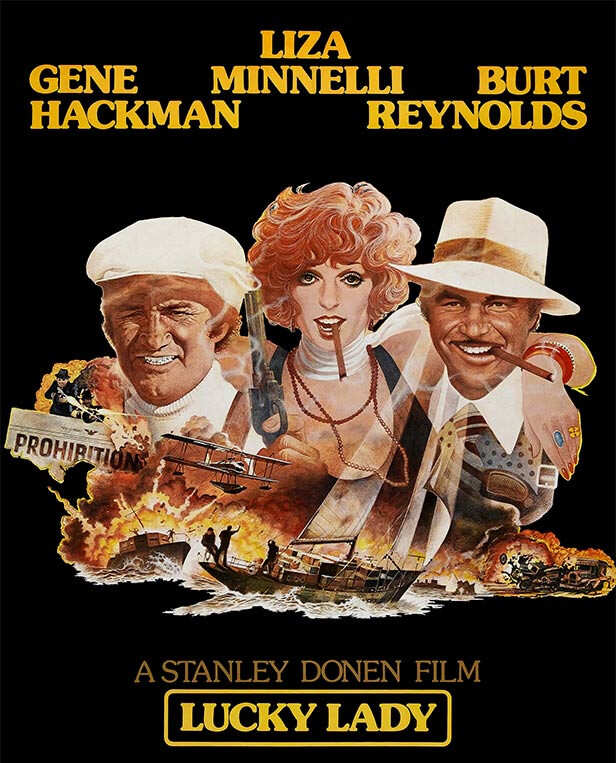
With Fortunate Girl, Hackman stepped right into a lighter, extra comedic position, taking part in a Prohibition-era rum smuggler alongside Burt Reynolds and Liza Minnelli. The movie’s playful tone gave Hackman an opportunity to point out his versatility, reminding audiences that he wasn’t restricted to crime dramas and thrillers. The threesome scene on the finish managed to lift eyebrows on the time.
A Bridge Too Far (1977)
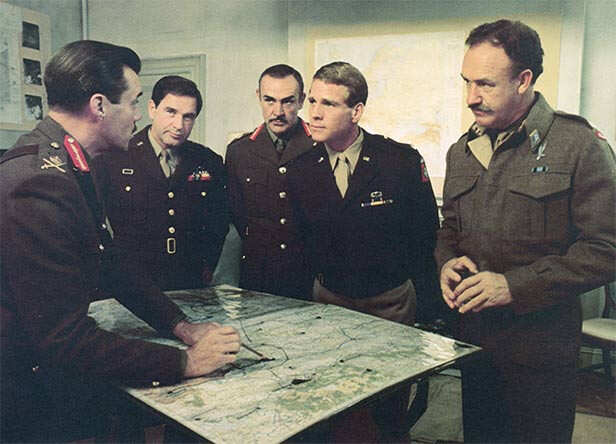
Within the massive ensemble forged of Richard Attenborough’s conflict epic A Bridge Too Far, Hackman nonetheless made an impression. As Normal Stanislaw Sosabowski, he introduced authority and seriousness to the position, standing out even briefly display screen time. It was one other instance of how Hackman might depart a mark irrespective of the dimensions of the half.
Superman (1978)
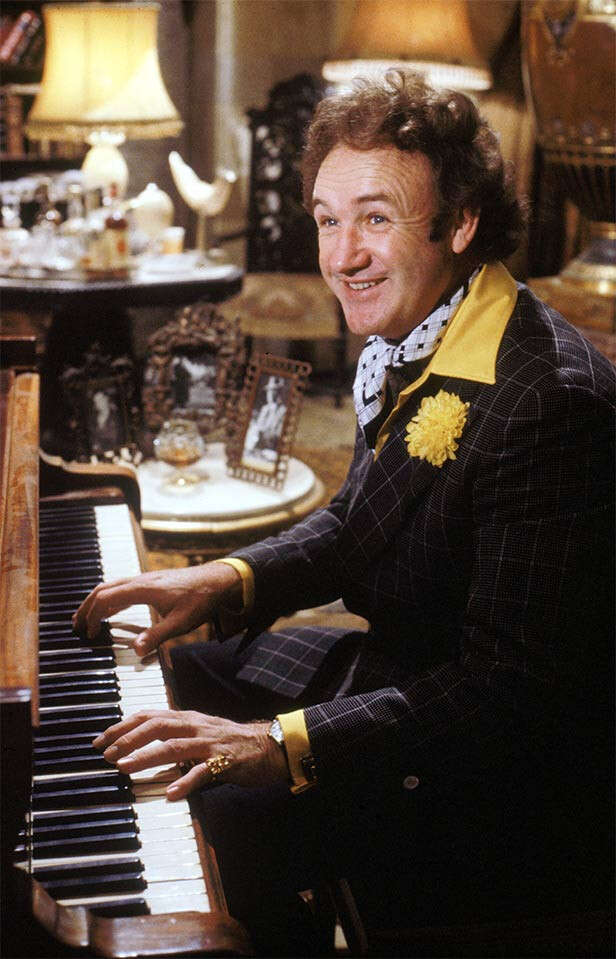
Hackman took on the mantle of the well-known comedian ebook villain Lex Luthor in Superman, giving the character a mix of humor, conceitedness, and intelligence. Though it’s stated he joined the movie for monetary causes, his efficiency added weight to the film’s larger-than-life story — and earned him yet one more Oscar nomination.
Mississippi Burning (1988)
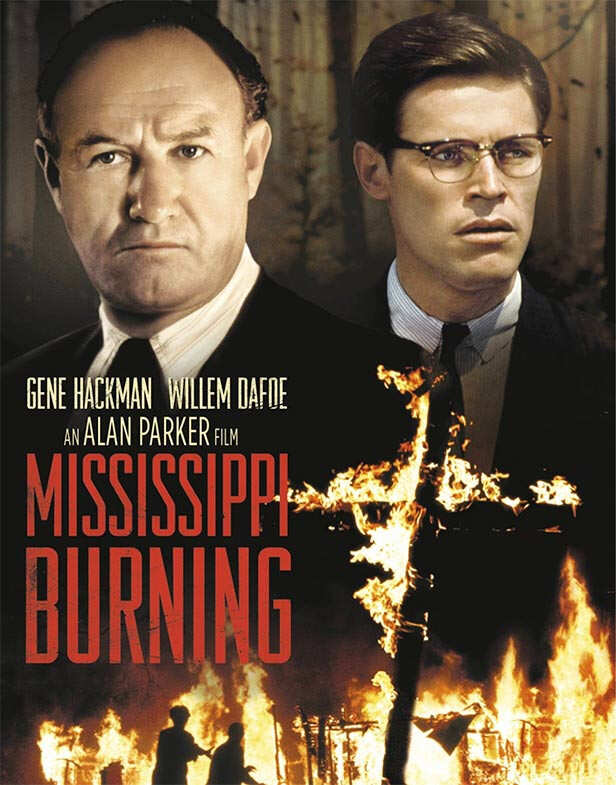
In Mississippi Burning, Hackman performed a seasoned FBI agent investigating civil rights-era violence in Mississippi. His mix of toughness and underlying empathy earned him broad reward — and one other Oscar nomination. It was a reminder that Hackman might carry depth to even probably the most procedural of roles.
Unforgiven (1992)
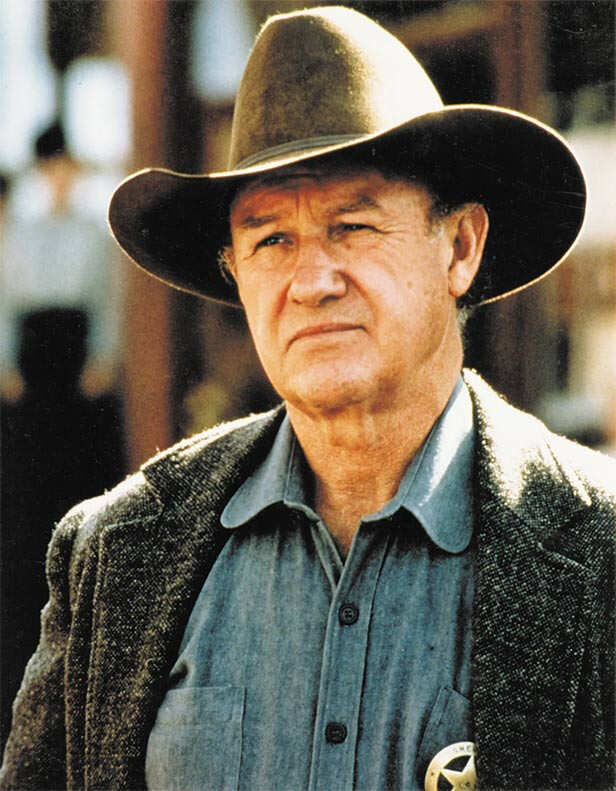
Clint Eastwood’s Unforgiven gave Hackman certainly one of his most memorable roles: Sheriff “Little” Invoice Daggett. Reluctant to play a villain at first, Hackman in the end leaned into the character’s harshness, creating a fancy antagonist that received him the Academy Award for Greatest Supporting Actor.
The Royal Tenenbaums (2001)
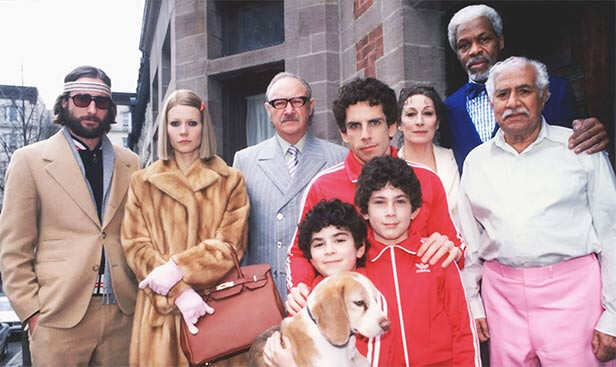
In Wes Anderson’s The Royal Tenenbaums, Hackman performed Royal Tenenbaum, a flawed however charismatic father making an attempt to reconnect along with his grown kids. His efficiency, mixing humor with sincerity, earned him a Golden Globe and confirmed that even late in his profession, Hackman might nonetheless shock audiences.
See Additionally: Gene Hackman & His Wife Found Dead At Their New Mexico Residence
